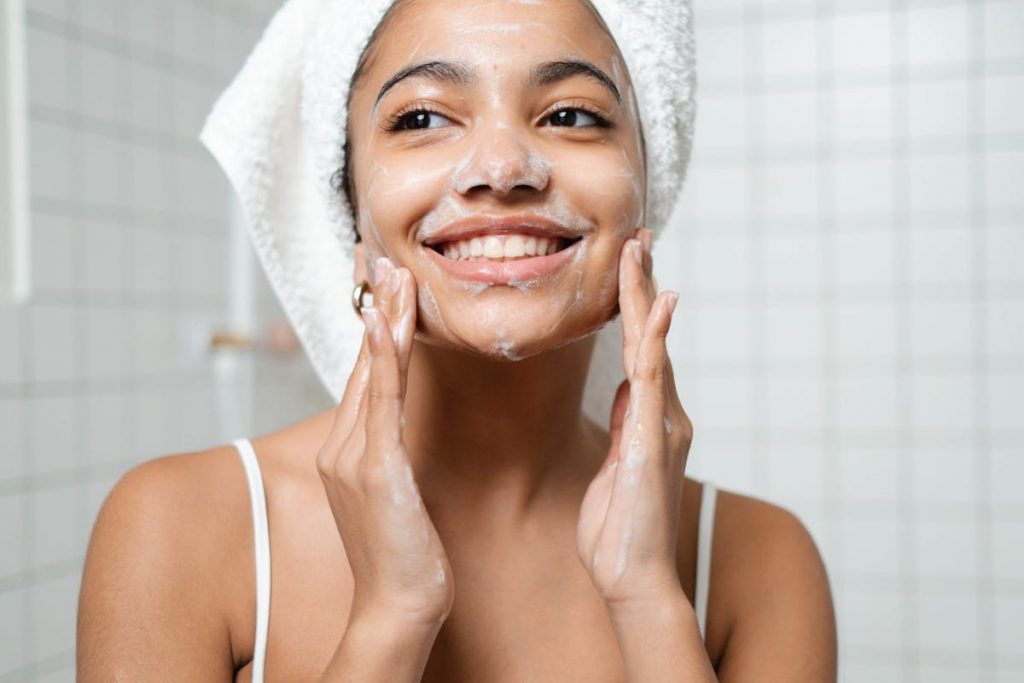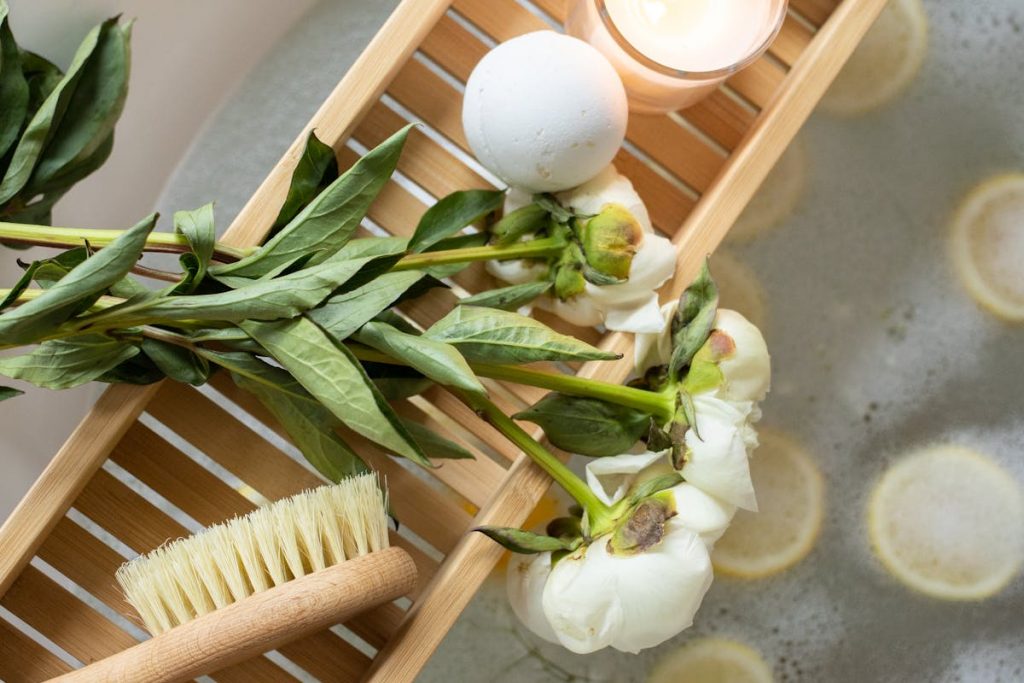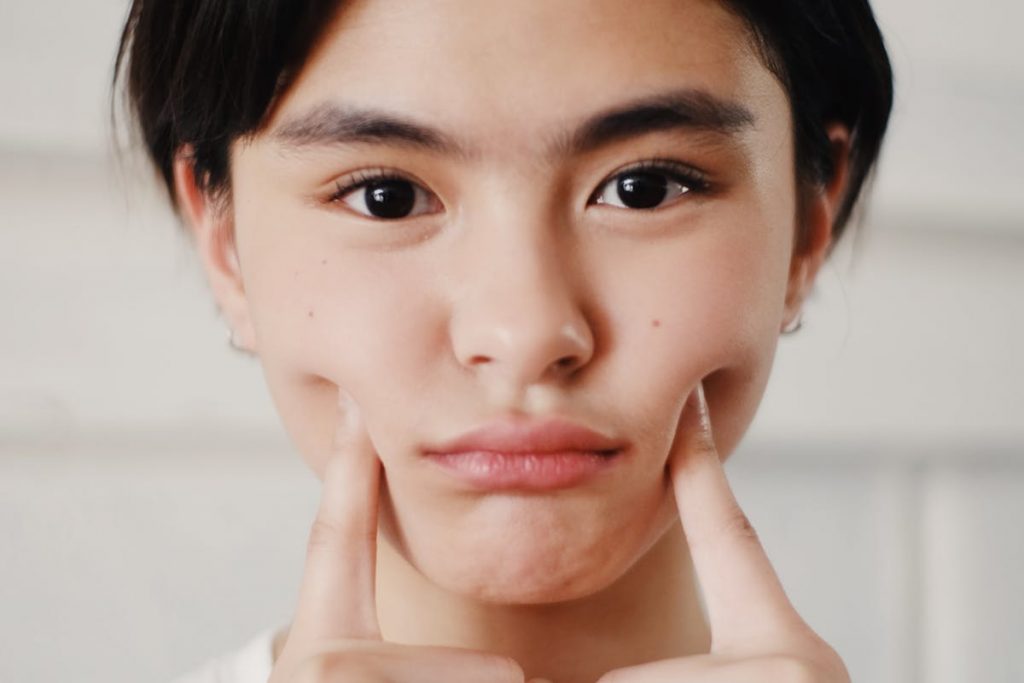
- Adult acne results from hormonal changes, genetics, lifestyle habits, and stress.
- Skincare practices like gentle cleansing, exfoliation, and moisturization are crucial.
- Dietary changes and stress management can significantly improve adult acne.
- Effective skincare ingredients include salicylic acid, benzoyl peroxide, retinoids, and tea tree oil.
- Medical treatments such as topical and oral medications, including Accutane and some alternatives, are available.
Adult acne can be a frustrating and confidence-damaging condition, impacting individuals well beyond their teenage years. While acne is commonly associated with adolescence, it can persist into adulthood, causing distress and affecting daily life. However, the good news is that with the right approach and understanding, it’s possible to combat adult acne effectively and achieve brighter, clearer skin. This article will explore various strategies and treatments to tackle adult acne head-on and regain confidence in your skin’s appearance.
Understanding Adult Acne
Causes of Adult Acne
Adult acne can arise from a combination of factors, including hormonal fluctuations, genetics, lifestyle habits, and stress. Hormonal changes, such as those experienced during menstrual cycles, pregnancy, or menopause, can trigger acne flare-ups in adults. Additionally, genetics play a role, as individuals with a family history of acne may be more prone to developing it themselves. Lifestyle factors like diet, skincare routines, and environmental pollutants can also contribute to adult acne. Moreover, stress can exacerbate acne by triggering hormonal responses that lead to increased oil production and inflammation.
Types of Adult Acne
Adult acne can manifest in various forms, including:
- Cystic Acne: Characterized by large, painful cysts beneath the skin’s surface, cystic acne is one of the most severe forms of acne and can result in scarring if not treated promptly.
- Whiteheads and Blackheads: These are non-inflammatory acne lesions caused by clogged pores containing oil, dead skin cells, and bacteria. Whiteheads remain closed at the surface, while blackheads are open and oxidized, giving them their dark appearance.
- Papules and Pustules: These inflammatory acne lesions appear as tiny, reddish bumps (papules) or lesions filled with pus (pustules) on the skin’s surface and can be tender to the touch.
- Acne Rosacea: Often mistaken for acne, rosacea is a condition that shows redness, flushing, and visible blood vessels on the face, typically affecting adults over the age of 30.
Effective Skincare Practices

Gentle Cleansing
Maintaining a consistent skincare routine is essential for managing adult acne. Start with a gentle cleanser that removes dirt, oil, and impurities without stripping the skin of its natural moisture. Look for non-comedogenic formulas that won’t clog pores or exacerbate acne.
Exfoliation
Regular exfoliation helps to unclog pores, remove dead skin cells, and promote cell turnover, which can prevent acne breakouts. However, do not over-exfoliate, as this can irritate your skin and worsen your acne. Consider chemical exfoliants containing ingredients like salicylic acid or glycolic acid, which are gentle yet effective.
Moisturization
Contrary to common belief, even oily and acne-prone skin needs hydration. Choose non-comedogenic, oil-free moisturizers to hydrate the skin without clogging your pores. Skin that is well-hydrated will produce less excess oil, reducing the risk of acne flare-ups.
Dietary and Lifestyle Changes
Balanced Diet
What you eat can impact your skin’s health, so adopting a balanced diet rich in fruits, vegetables, lean proteins, and whole grains can support clear, radiant skin. Limiting sugary foods, dairy products, and processed foods may also help reduce inflammation and breakouts.
Stress Management
Stress can worsen acne as it triggers hormonal fluctuations and increases inflammation in the body. Incorporating stress-reduction techniques such as meditation, yoga, deep breathing exercises, or regular physical activity can help manage stress levels and improve overall skin health.
Skincare Ingredients to Look For
When choosing skincare products for acne-prone skin, look for ingredients known for their acne-fighting properties. These include:
- Salicylic Acid: Exfoliates the skin, unclogs pores, and reduces inflammation.
- Benzoyl Peroxide: Kills acne-causing bacteria and helps to clear pores.
- Retinoids: Derived from vitamin A, retinoids promote cell turnover, unclog pores, and reduce the formation of acne lesions.
- Tea Tree Oil: A natural antibacterial and anti-inflammatory ingredient that can help reduce acne lesions and inflammation.
Medical Treatments for Adult Acne
Topical Treatments
Over-the-counter and prescription topical treatments can be effective for treating mild to moderate adult acne. These may include benzoyl peroxide, salicylic acid, retinoids, or a combination of these ingredients. Consult a dermatologist to determine the most suitable treatment for your skin type and severity of acne.
Oral Medications
When persistent or severe adult acne occurs, a dermatologist may prescribe oral medications. These may include antibiotics to reduce inflammation and kill acne-causing bacteria, hormonal medications to regulate hormone levels, or isotretinoin (commonly known as Accutane) for severe cystic acne. It’s essential to discuss the potential risks and benefits of oral medications with a healthcare professional before starting treatment.

Natural Remedies and Accutane
Herbal Supplements
Some herbal supplements, such as evening primrose oil, zinc, and saw palmetto, are believed to have anti-inflammatory and hormone-balancing properties that may help reduce acne symptoms. However, more research is needed to confirm their effectiveness and safety for treating adult acne.
Accutane and Alternatives
While isotretinoin (Accutane) can be highly effective for severe cystic acne, it’s associated with potential side effects and requires careful monitoring by a healthcare provider. For those seeking Accutane alternatives, other oral medications, such as spironolactone or oral contraceptives, may be considered. Additionally, advanced skincare treatments like laser therapy or chemical peels may offer alternatives for stubborn adult acne.
Dealing with adult acne can be challenging, but it’s important to remember that effective treatments and strategies are available to help you achieve clearer, brighter skin. By understanding the causes of adult acne, adopting a consistent skincare routine, making dietary and lifestyle changes, and exploring medical treatments when necessary, you can take control of your skin’s health and confidence. Whether you opt for topical treatments, oral medications, natural remedies, or alternatives to Accutane, consult with a dermatologist to develop a personalized approach that addresses your unique skincare needs. With patience, persistence, and the right support, you can successfully combat adult acne and enjoy a radiant complexion.
